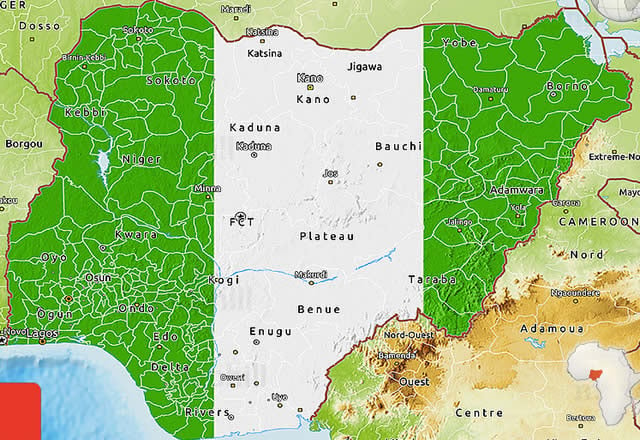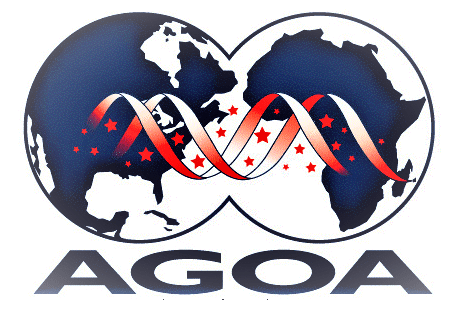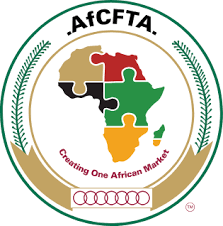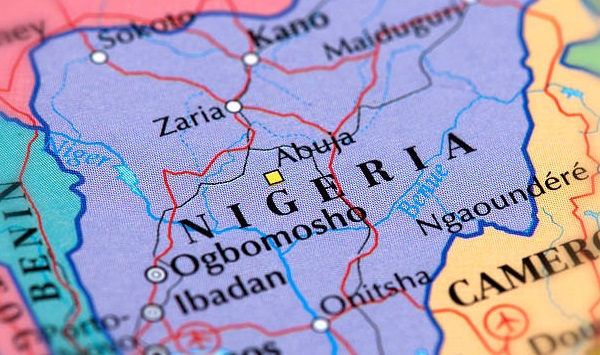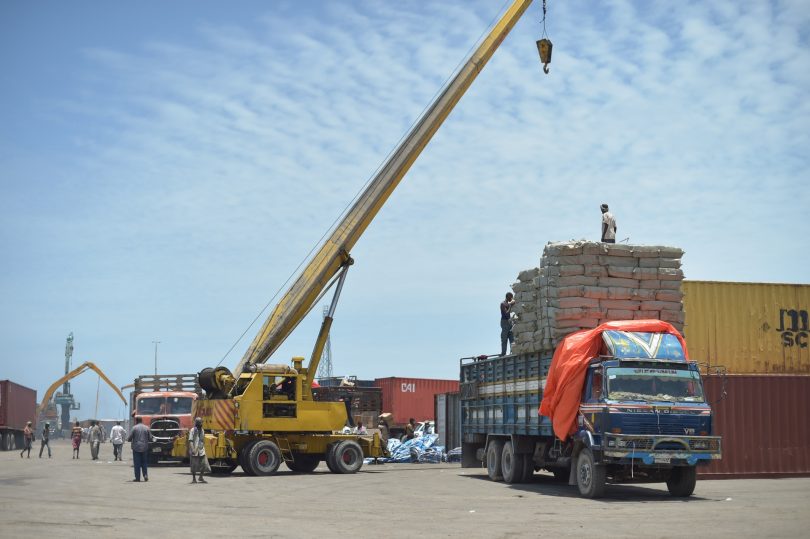Nigeria, with a landmass of 923,768 square kilometres, is endowed with various unique geological features, holding over 44 different minerals in more than 500 locations across the 36 states of the federation and the Federal...
Latest Posts
AGOA Expiration: Realigning Africa For Economic Expansion
The renewal of the Africa Growth and Opportunities Act (AGOA), set to expire on 30 September, 2025 is uncertain, as the United States’ securitized industrial policies now impose tariffs on imports from Africa. In a roundtable...
Can AfCFTA service trade protocol promote Africa’s industrial transformation?
Industrial development in Africa has undergone notable progress over time, transitioning from a predominantly agriculture-based structure to more diversified and industrialized economies, driven by factors such as technology...
Nigeria’s Non-Oil Export Surge: A Sustainable Shift or Passing Trend?
For decades, Nigeria has significantly relied on oil as its major source of revenue generation. This heavy reliance on crude oil exports has shaped the nation’s fiscal structure, foreign exchange inflows, and budgetary planning...
Addressing Nigeria’s broken food supply chain is important for poverty alleviation
Despite years of government-led poverty alleviation programmes, Nigeria’s hunger crisis continues to deepen. The disconnect lies not in the absence of social interventions but in their detachment from the core realities of food...
Transforming intra-African trade with The Single Africa Air Transport Market
In 2024, the global passenger traffic hit 9.5 billion, marking a 104 per cent increase from the 2019 numbers. Revenue passenger kilometres rose to $8.8tn, reflecting a compound annual growth rate of 3.6 per cent, with a...
Leveraging Intra-African Trade to Improve Nigeria’s Manufacturing Sector
In 2022, Innoson Vehicle Manufacturing (IVM), Nigeria’s first indigenous automobile manufacturing company, secured a $4.7 million deal to supply vehicles to the government of Sierra Leone, as ordered by the Sierra Leonean...
How bureaucracy and corruption drives infrastructural deficit and inefficiency at Nigeria-Benin border
Several border posts lining Nigeria’s borders indicate relics of bureaucracy. Aside from the proliferation of functions that inherently delay trade and enhance corruption, these border posts also suffer from poor infrastructural...
Driving Nigeria’s Economic Diversification and Trade with Manufacturing
Between 2018 and 2022, Nigeria’s economy received N32.346 trillion from the manufacturing sector, a paltry 9% of the total GDP. Nigeria’s weak manufacturing sector contributes largely to foreign exchange shortages, high...
Nigeria Should Embrace the African Union Free Movement of Persons Protocol
In January 2018, at the 31st Ordinary Summit of Heads of State and Government of the African Union (AU), leaders across the continent agreed to adopt a protocol to the treaty establishing the African Economic Community (AEC)...

